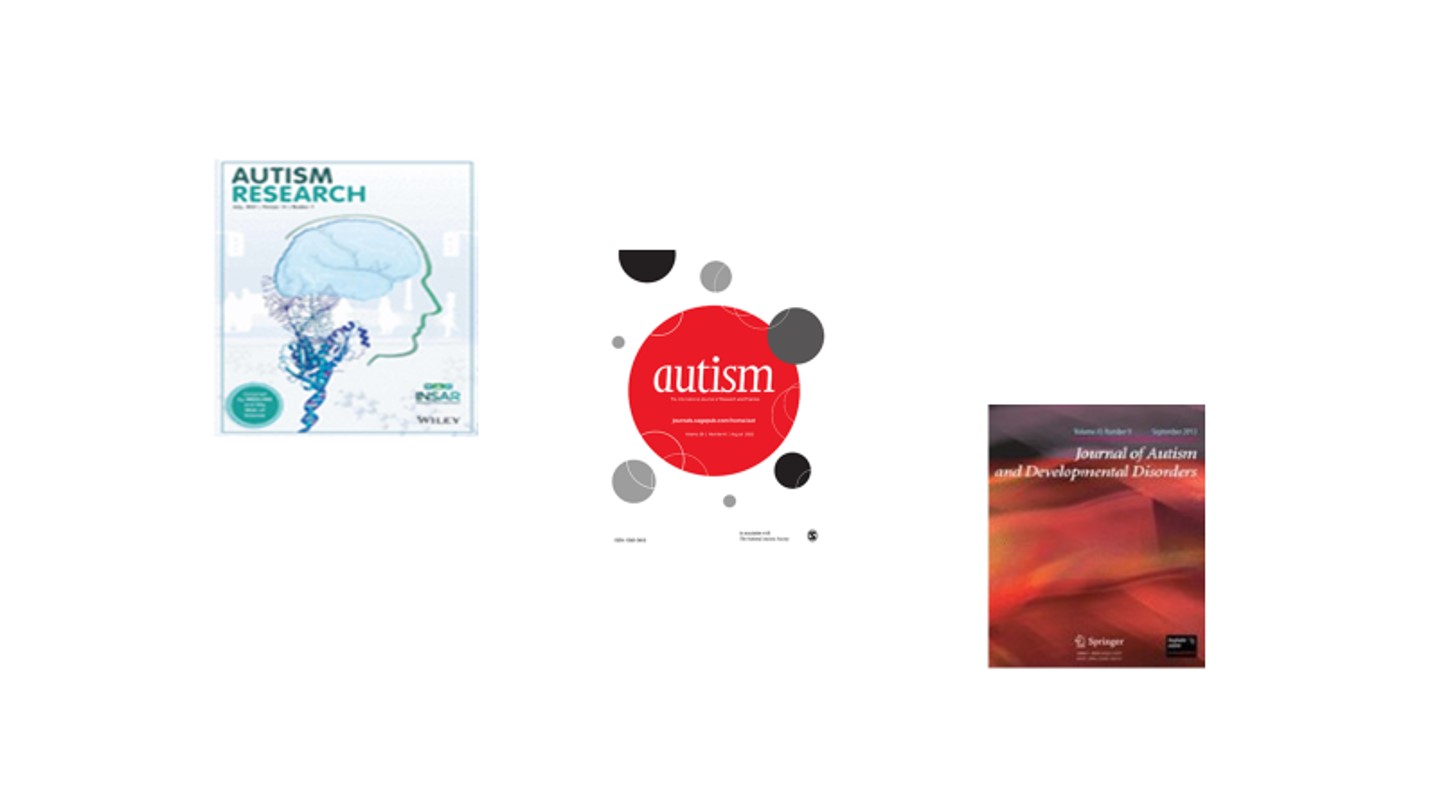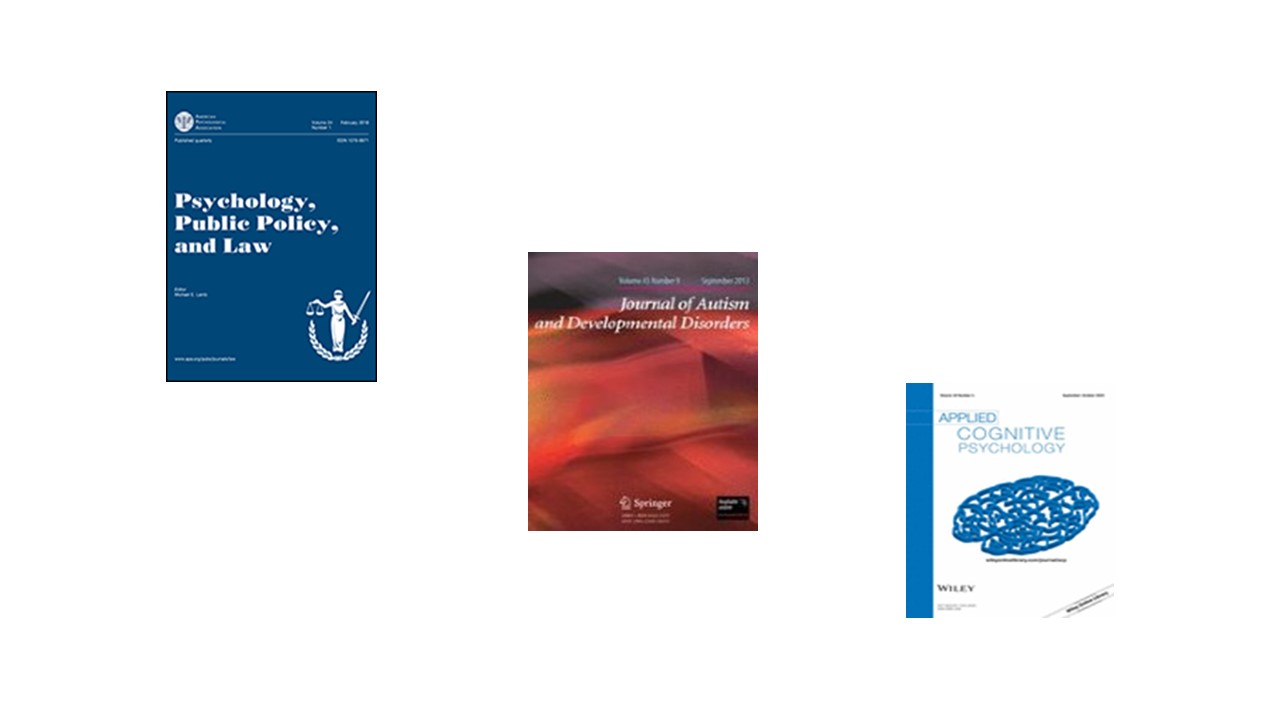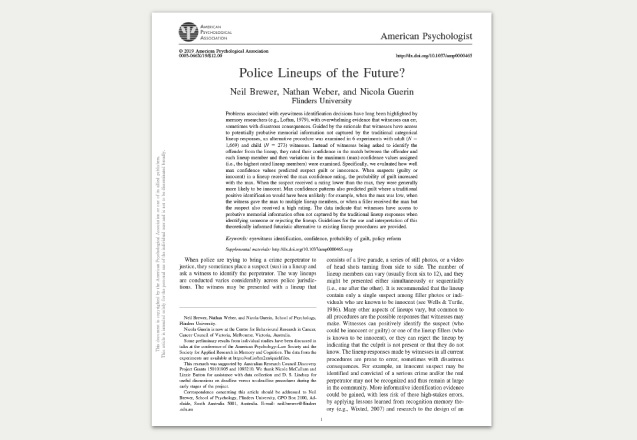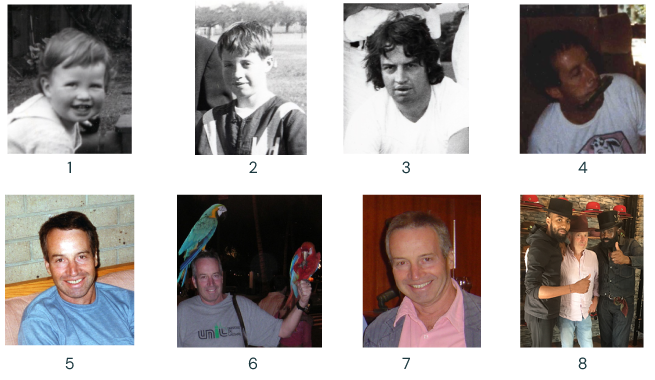The Latest
And from Guru Bob down at the temple:
“Before you criticise someone, walk a mile in their shoes. That way, when they hear you, you’re a mile away and you’ve got their shoes.”

In Press & Recent Papers
Michael, Z., & Brewer, N. (in press, 2024). Detecting criminal intent in social interactions: The influence of autism and Theory of Mind. Law and Human Behavior.
Brewer, N., Georgopoulos, M. A., Young, R. L., & Lucas, C. A. (2023). Autistic adults’ perspectives on appropriate empathic responses to others’ emotions. Autism Research, 16(8), 1573-1585.
Lim, A., Brewer, N., Aistrope, D., & Young, R. L. (2023). Response format changes the Reading the Mind in the Eyes Test performance of autistic and non-autistic adults. Autism, 27(8), 2560-2565.
Brewer, N., Lucas, C. A., Lim, A., & Young, R. L. (2023). Detecting dodgy behavior: The role of autism, autistic traits, and theory of mind. Autism, 27(4), 1026-1035.
Brewer, N., Lucas, C. A., Georgopoulos, M. A., & Young, R. L. (2022). Facing up to others’ emotions: No evidence of autism-related deficits in metacognitive awareness of emotion recognition. Autism Research, 15(8), 1508-1521.
Georgopoulos, M. A., Brewer, N., Lucas, C. A., & Young, R. L. (2022). Speed and accuracy of emotion recognition in autistic adults: The role of stimulus type, response format and emotion. Autism Research, 15, 1686-1697.
Lim, A., Brewer, N., & Young, R. L. (2023). Revisiting the relationship between cybercrime, autistic traits, and autism. Journal of Autism and Developmental Disorders, 53, 1319-1330.
Young, R., Brewer, N., Nah, Y-H., & Lim, A., 2022). Autism Detection in Early Childhood—2nd Ed eManual. ACER Press, Camberwell, Vic.
Others out in 2022
Lim, A., Young, R. L., & Brewer, N. (2022). The effect of autistic behaviors on evaluations of deception and credibility in everyday social situations. Applied Cognitive Psychology, 36, 548-560.
Lucas, C. A., & Brewer, N. (2022). Could precise and replicable manipulations of suspect-filler similarity optimize eyewitness identification performance? Psychology, Public Policy and Law, 28, 108-122.
Lim, A., Young, R. L., & Brewer, N. (2022). Atypical behaviours associated with mental health conditions and disabilities negatively affect judgments of deception and credibility. Australian Journal of Psychology, 74(1), e2067486.
Lucas, C. A., Brewer, N., & Young, R. L. (2022). Pitfalls when using AUC to evaluate item content for early screening tests for autism. Journal of Psychoeducational Assessment, 30, 430-437.
Brewer, N., Young, R. L., Norris, J. E., Maras, K., Michael, Z., & Barnett, E. (2022). A quick measure of theory of mind in autistic adults: Decision accuracy, latency and self-awareness. Journal of Autism and Developmental Disorders, 52, 2479-2496.
Lim, A., Young, R. L., & Brewer, N. (2022). Autistic individuals may be erroneously perceived as deceptive and lacking credibility. Journal of Autism and Developmental Disorders, 52, 490-507.
Brewer, N., Zweck, T., Lucas, C. A., & Guidolin, M. (2022). Eyewitnesses’ pre-lineup memory strength inferences can influence identification decisions. Journal of Police and Criminal Psychology, 37, 339-350.


Feb 2020 – how to improve police photoarrays and lineups
The paper was commissioned by Division 41 of the American Psychological Association; the 6 authors were invited; and (as well as the normal journal reviewing processes) the various iterations of the manuscript were reviewed in sessions at major international conferences:
Wells, G. L., Kovera, M. B., Douglass, A. B., Brewer, N., Meissner, C., & Wixted, J. (2020). Policy and procedure recommendations for the collection and preservation of eyewitness identification evidence. Law and Human Behavior, 44, 3-36. [see background to the paper here]
BUT, even when done well, they are far from perfect … & our American Psychologist paper from January 2020 (see below) outlines a radical new way of conducting identification tests !
Jan 2020 – major new paper out in American Psychologist on what’s wrong with police lineups and how to fix the problem
Brewer, N., Weber, N., & Guerin, N. (2020). Police line-ups of the future? American Psychologist, 75, 76-91.

Current Research
As has been the case for the last 20 years or so, his current research activities are divided between two main areas, both concerned with applications of experimental psychology to problems in the criminal justice system. One focus is in the area of eyewitness memory, eyewitness identification testing and the significance of eyewitness metacognitions (e.g., confidence) in interpreting eyewitness memories. The other focus relates to Autism Spectrum Disorder (ASD), currently investigating those cognitive and social characteristics of ASD that may contribute to problematic interactions with the criminal justice system.
Follow his Psychology Today commentary on Weighing the Evidence: Memory and the mind in the criminal justice system.

“Pick the bad guy”
